|
|

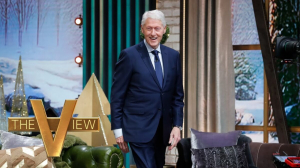
|
Hillary Pardon Incoming? Bill's 'Open To It' Somebody is worried. |
 |
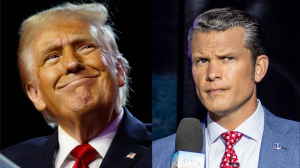
|
Hegseth's Lawyer Shreds West Point - They Are In Trouble Whoever is responsible should resign. |

|
Dems Livid - Two Lib Senators Get Revenge On Biden It was a parting gift. LOL! |
 | ||||
|
|
|||
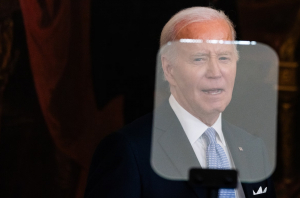
|
Biden's Teleprompter Goes Out And It Gets Crazy - WATCH Total malfunction. |
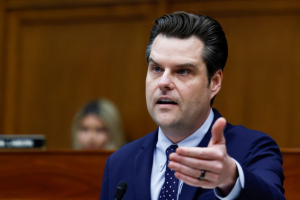
|
Leaker Trying Take Down Gaetz Busted & Karma Was Delivered This is nuts. |
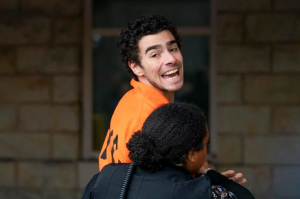
|
The Left Fawning Over Alleged CEO Shooter Gets Even Werider Now this is “weird.” |
You are receiving this email because you opted in to Liberty Unlocked daily newsletter. We take your privacy very seriously and will keep your information in the strictest confidence. We will email you from time to time with relevant news and updates, but you can stop receiving information from us at any time by following very simple instructions that will be included at the bottom of any correspondence you should receive from us.
Copyright © 2024. Liberty Unlocked. All rights reserved.
30 N. Gould St, Suite 6911, Sheridan, WY 82801
